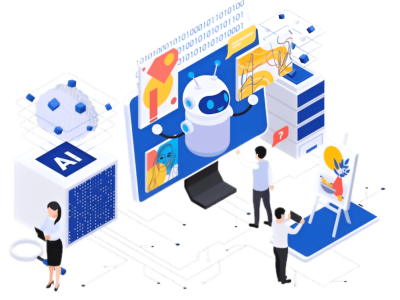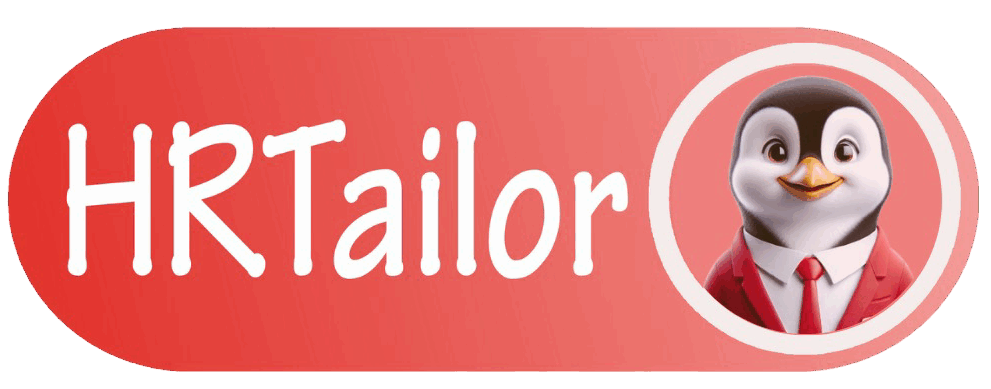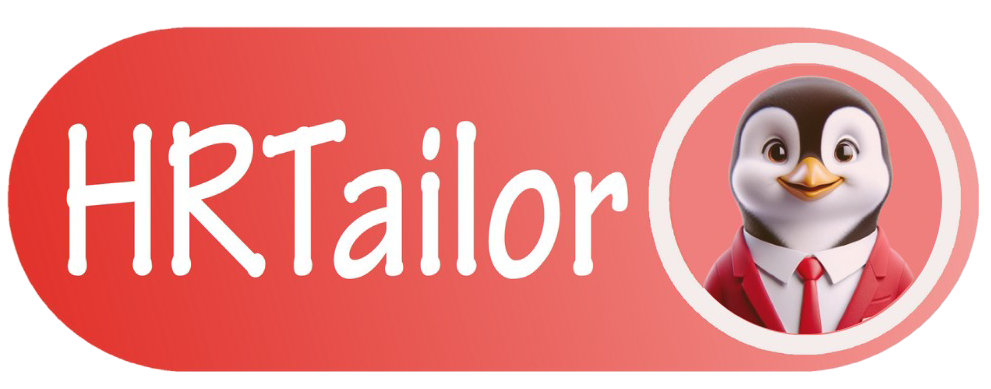
The Pros and Cons of AI in Talent Acquisition: Finding the Right Balance
Artificial intelligence (AI) is undeniably changing the way companies approach talent acquisition. From automating repetitive tasks to analyzing candidate data, AI offers the promise of faster and more efficient hiring. However, as with any technology, it’s not without its limitations. For companies focused on long-term fit and a strong organizational culture, the real question isn’t whether AI can help—it’s how much it should.
Let’s take a look at where AI excels in the hiring process, where it falls short, and why a balanced approach that includes human insight might be the best path forward.
Where AI Shines in Recruitment
AI has brought some clear benefits to talent acquisition, making certain aspects of hiring faster and more data-driven. Here are some ways AI can support recruitment teams:
Efficient Resume Screening
One of AI’s biggest strengths is in automating time-consuming tasks like resume screening. AI can quickly sift through hundreds, if not thousands, of resumes to identify candidates who meet basic criteria. This can be a huge time-saver for large companies or for roles that receive high volumes of applications.Data-Driven Decision Making
AI can analyze past hiring data to identify trends and predict future hiring needs. This data-driven approach can provide insights into which types of candidates perform well in specific roles or which qualities correlate with higher retention rates. For companies looking to make their hiring process more strategic, AI can offer valuable analytics.Consistency in Initial Screening
By applying the same criteria to every application, AI can help ensure consistency in the early stages of hiring. This may be helpful for roles with specific, hard qualifications where it’s essential that candidates meet certain minimum requirements.
The Limitations of AI in Talent Acquisition
While AI has its strengths, it’s important to acknowledge its limitations—particularly when it comes to understanding people on a deeper level. Here’s where AI may fall short in the recruitment process:
Missing the “Human” Element
At the end of the day, hiring is about people, not just data. AI can scan resumes for skills and qualifications, but it lacks the ability to understand softer qualities like adaptability, cultural alignment, and enthusiasm. These are often the traits that determine whether someone will truly succeed in a role. Human recruiters bring an intuition and empathy to the table that algorithms simply can’t replicate.Potential for Unintended Bias
While AI is often marketed as a tool to reduce bias, it can inadvertently introduce or reinforce biases present in historical data. For instance, if past hiring data is biased towards certain demographics or educational backgrounds, AI algorithms might continue to favor those characteristics. Human recruiters, on the other hand, are able to recognize and address biases more flexibly, adapting their approach as they learn more about candidates.Over-Reliance on Keywords and Filtering
AI tools often rely on keywords and structured data to screen candidates, which can lead to overly rigid filtering. Candidates may be overlooked simply because they used different terminology or have a non-traditional background. By contrast, experienced recruiters can see potential beyond keywords, understanding how varied experiences and skills might translate into a strong fit.
Why Human Insight Still Matters
While AI is a powerful tool, it’s important to remember that it works best when it complements, rather than replaces, human judgment. Here’s why:
Building Relationships with Candidates
Recruitment isn’t just about finding someone with the right skills; it’s about creating a positive experience for candidates. Human recruiters take the time to understand a candidate’s motivations, answer their questions, and build rapport. This human interaction can make a big difference in how candidates perceive the company, which in turn impacts offer acceptance rates and brand reputation.Assessing Cultural Fit
Cultural fit is one of the most critical factors in long-term employee satisfaction and retention. While AI can evaluate skills, it struggles with the more nuanced aspects of hiring, like understanding if a candidate’s values and work style align with the company’s culture. Human recruiters can gauge cultural fit through in-depth conversations, asking questions that reveal insights into a candidate’s personality and work ethic.Recognizing Unique Potential
Candidates come from diverse backgrounds, and sometimes the best hires don’t fit into a neat box. A person with a unique mix of experiences or an unconventional career path might have valuable perspectives and skills that aren’t obvious in a resume or keywords. Human recruiters have the flexibility to recognize and appreciate this type of potential, ensuring that great candidates aren’t passed over.
Striking the Right Balance: A Hybrid Approach to Hiring
So, what’s the best way forward? For many organizations, the ideal approach lies in blending the strengths of AI with the insights of human recruiters. Here’s how a hybrid model can enhance the hiring process:
Using AI for Efficiency, Humans for Depth
AI can be incredibly useful for initial resume screening and basic data analysis, freeing up recruiters to focus on the most promising candidates. This way, the process remains efficient, but human recruiters still play a central role in deeper assessments and final decisions.Leveraging AI Insights to Inform Human Decisions
AI can provide valuable data-driven insights, such as which candidate sources produce the best hires or what skills are correlated with high performance in specific roles. Human recruiters can use these insights to inform their decisions, but they’re not bound by them. They can still exercise discretion and take a holistic view of each candidate.Prioritizing Candidate Experience
A hybrid approach allows recruiters to engage with candidates in a meaningful way. While AI can handle logistical tasks, human recruiters can focus on building relationships, offering feedback, and ensuring that candidates feel valued throughout the process. This not only enhances the candidate experience but also strengthens the company’s brand in the eyes of potential hires.
In Conclusion: Technology as a Tool, Not a Replacement
AI has undoubtedly introduced valuable efficiencies in talent acquisition, but it’s not a one-size-fits-all solution. When it comes to finding the right talent, human insight, empathy, and adaptability still play a critical role. A balanced approach that combines AI’s data-driven capabilities with the nuanced judgment of human recruiters can deliver the best of both worlds: a streamlined process that doesn’t lose sight of what truly matters—people.
In the end, successful hiring is about more than just matching resumes to job descriptions. It’s about connecting with individuals, understanding their aspirations, and assessing how they’ll contribute to the company’s future. By keeping technology in its proper place—as a tool rather than a replacement for human interaction—companies can ensure that their talent acquisition process remains both efficient and deeply effective.
When to Seek Expertise in Traditional Recruitment
For some companies, particularly those looking for a high degree of customization in their hiring process, working with a recruitment service that emphasizes personal engagement can be beneficial. Services like HRTailor bring a tailored approach to recruitment, focusing on understanding the unique needs of each client and finding candidates who align with both the role and the company culture.

